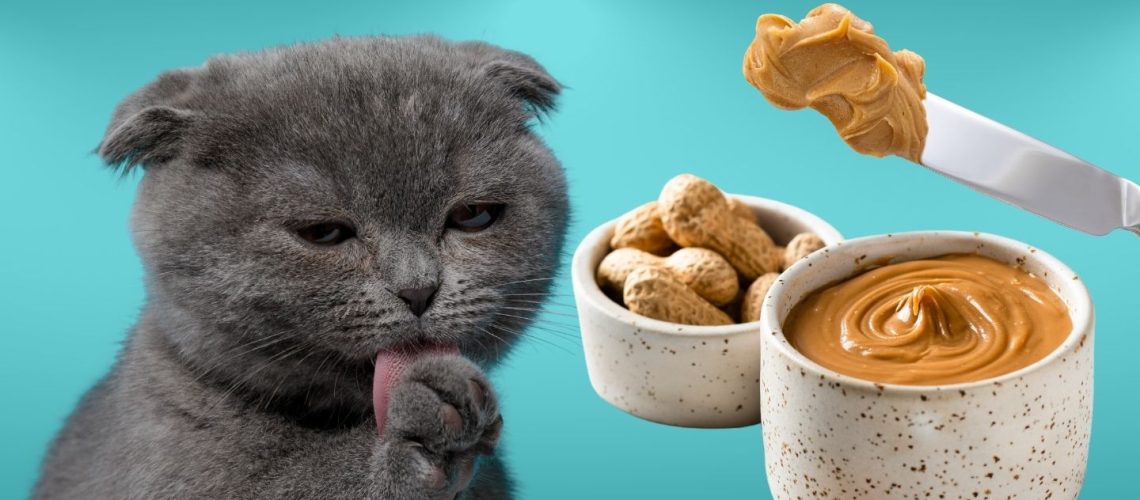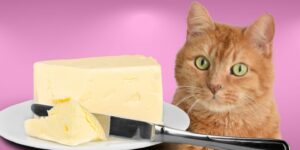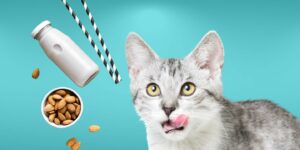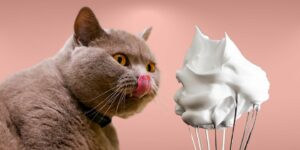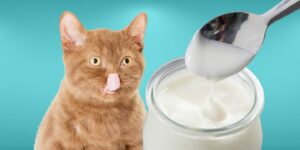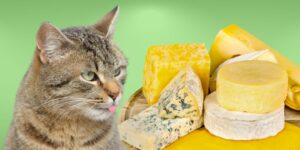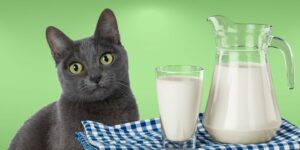The short answer is no, cats should not eat peanut butter. While peanut butter is a popular and versatile food for humans, it can be harmful to cats due to its high fat content and potentially hazardous ingredients. As obligate carnivores, cats have different nutritional needs than humans, and peanut butter does not provide any essential nutrients to felines. In this article, we'll explain why peanut butter is not ideal for cats and discuss some safe alternatives to offer to our feline friends.
Nutritional Differences between Cats and Humans
Obligate carnivores vs omnivores
Cats are considered obligate carnivores, meaning their dietary needs are met through the consumption of animal proteins. They require certain nutrients, such as taurine, which are only found in animal tissues. In contrast, humans are omnivores and require a balanced diet of both plant and animal-derived nutrients.
Nutritional requirements for cats
Cats need a high protein diet with certain essential amino acids, vitamins, and minerals. While peanut butter is an excellent source of protein and healthy fats for humans, it does not contain the specific nutrients required for a cat's health and well-being.
Peanut Butter's Nutritional Content
Macronutrients in peanut butter
Peanut butter is made primarily of peanuts, which are high in protein, fat, and calories. The macronutrient composition of peanut butter is not suitable for cats, as it can lead to weight gain and other health issues.
Potential allergens and additives
Some cats may be allergic to peanuts or the other ingredients commonly found in peanut butter. Moreover, peanut butter can contain unhealthy additives, such as sugar, salt, and emulsifiers, which are not suitable for feline consumption.
Reasons Why Peanut Butter is Not Ideal for Cats
High fat content and its effects on cats' health
The high fat content in peanut butter can cause weight gain, obesity, and other health problems in cats, including diabetes and heart disease. Additionally, the excessive fat could lead to pancreatitis, a serious and potentially life-threatening condition.
Sugar, salt, and other unhealthy additives
Peanut butter often contains added sugar and salt, which can be harmful to cats in large amounts. Cats do not have a dietary requirement for carbohydrates, and excessive sugar consumption may pose health risks.
Xylitol toxicity in cats
Some peanut butter brands contain xylitol, a sugar substitute that is toxic to cats. Consuming xylitol can lead to rapid insulin release, resulting in hypoglycemia (low blood sugar) and possible seizures, liver failure, or even death in cats.
Choking hazards and consistency issues
The thick and sticky consistency of peanut butter can cause choking hazards for cats. Felines can have difficulty swallowing peanut butter, which may create a risk of aspiration or breathing difficulties.
Lack of nutritional benefits for cats
Aside from the potential hazards, peanut butter simply does not provide any essential nutrients to cats. There are numerous other sources of protein and healthy fats tailored to a cat's unique nutritional needs.
Alternatives to Peanut Butter for Cats
Safe and healthy treat options for cats
As a responsible pet owner, you can offer tasty alternatives to peanut butter that meet your cat's nutritional needs. Safe options include:
- Bite-sized pieces of cooked chicken or turkey
- Dehydrated fish or meat treats
- Small amounts of tinned, unsalted sardines or tuna
- Cooked eggs
Cat-friendly homemade treat recipes
You can create simple homemade treats for your cat, such as blending cooked meat or fish with a small amount of cat-safe vegetables and forming bite-sized balls. Always consult your veterinarian before introducing new foods to your cat's diet.
Store-bought cat treats
Many commercial cat treats are available with a focus on maintaining a balanced diet and providing essential nutrients. Look for treats with high-quality ingredients and minimal additives.
Keeping Your Cat Safe from Harmful Foods
Knowing common toxic foods for cats
Educate yourself on the list of toxic foods for cats, including, but not limited to chocolate, grapes, onions, and garlic, to avoid feeding them accidentally.
Properly storing and disposing of unsafe foods
Store harmful foods securely and dispose of them responsibly to reduce the likelihood of your cat coming into contact with these items.
Signs of poisoning or illness in cats
Monitor your cat for symptoms such as vomiting, diarrhea, lethargy, or disorientation, which could indicate the consumption of a harmful substance. If you suspect your cat has ingested a toxic food, contact your veterinarian immediately.
What to Do If Your Cat Has Consumed Peanut Butter or Other Unsafe Foods
Monitoring your cat's behavior and symptoms
If your cat has eaten peanut butter, observe their behavior and look for any signs of discomfort or distress. If they consumed only a small amount, the effects may be minimal or even unnoticeable.
Contacting your veterinarian for guidance
If your cat exhibits signs of illness or has eaten a significant amount of peanut butter, contact your veterinarian for advice and treatment options.
Preventative measures for the future
Learn from the experience and take additional precautions to keep peanut butter and other unsafe foods out of reach of your cat.
Final Thoughts on Cats and Peanut Butter
To ensure your cat's optimal health and well-being, it's best to avoid offering them peanut butter. Instead, focus on providing a well-balanced diet and safe, cat-friendly treats. By making informed decisions about your cat's diet, you'll be promoting responsible pet ownership and maintaining your feline companion's happiness and longevity.

